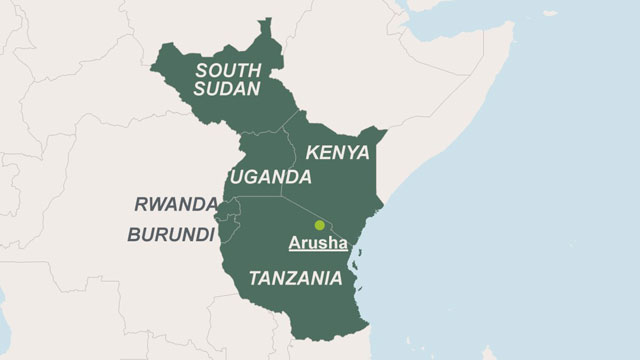
Trade experts say since its initiation, the EPA has been stuck in controversy. This comes from certain clauses that have been included in the agreement which pose serious threats to human rights.This is particularly true in most African countries.
While it was marketed as the magic bullet towards the ACP countries’ industrialization and development, it has been seen as an unfair agreement that is anchored in a colonial structure. Some experts in the ACP region have continued to oppose this partnership agreement because of its devastating effects on small scale farmers.
John Opoku, a human rights lawyer and activist from Ghana, was quoted, last year by GRAIN, an international non-profit that supports small farmers and social movements in their struggle for community controlled and biodiversity based food systems that the economic partnership agreements are unfair to African farmers.
“A tonne of cocoa is roughly US$ 1,300, while one (new) 4×4 vehicle is now about US$120,000. So you need about 92 tonnes of cocoa to exchange for one 4×4 vehicle,” he said,“But to get one tonne, you will need not less than 20 acres of land.”
Interestingly, Opoku said, the average cocoa farmer in Ghana has only around 2-3 acres meaning it would take him or her over 500 years to buy that 4X4 vehicle.
Neither Trade Minister Amelia Kyambadde nor the Permanent Secretary Amb. Julius Onen could be reached for a comment by press time.
Meanwhile, Fred Muhumuza, an economics lecturer at Makerere University told The Independent that since there are so many trade initiatives in the EAC; he wonders what new thing the economic partnership agreement with the EU would bring on the table this time.
“I don’t think Uganda selling fish or flowers to Europe requires such a partnership agreement, because we can still sell these products bilaterally.”
“So the whole thing has come into question about its efficacy, efficiency but most importantly, does it really offer every country a fair chance of benefitting or it is simply being used by the powerful to force the weaker economies to sign.”
“In the short run, I don’t see signatures being appended but even in the long run, if it is signed, I don’t see any significant change from what we have had before.”
 The Independent Uganda: You get the Truth we Pay the Price
The Independent Uganda: You get the Truth we Pay the Price



